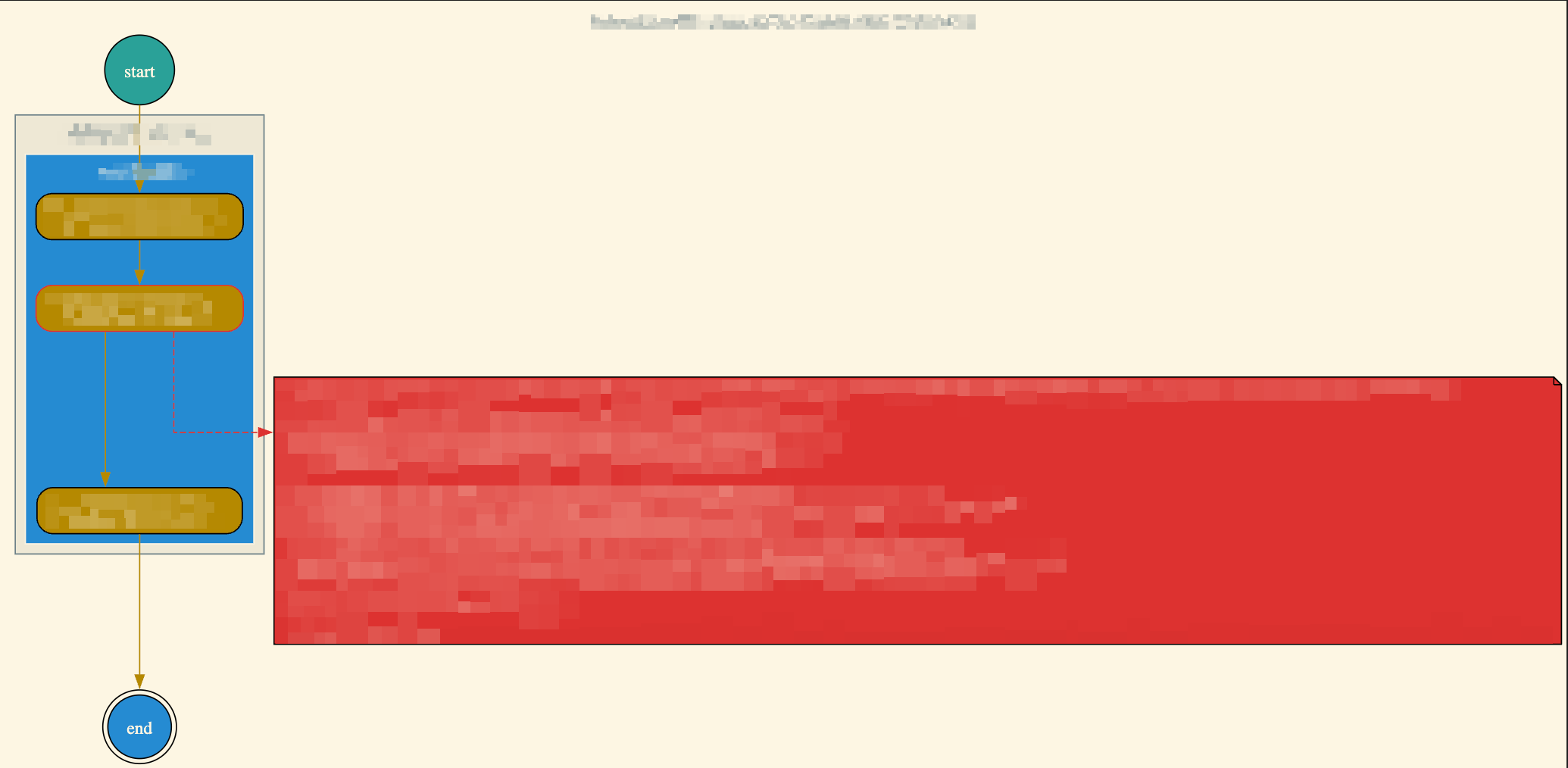Adventures in Vibe Coding
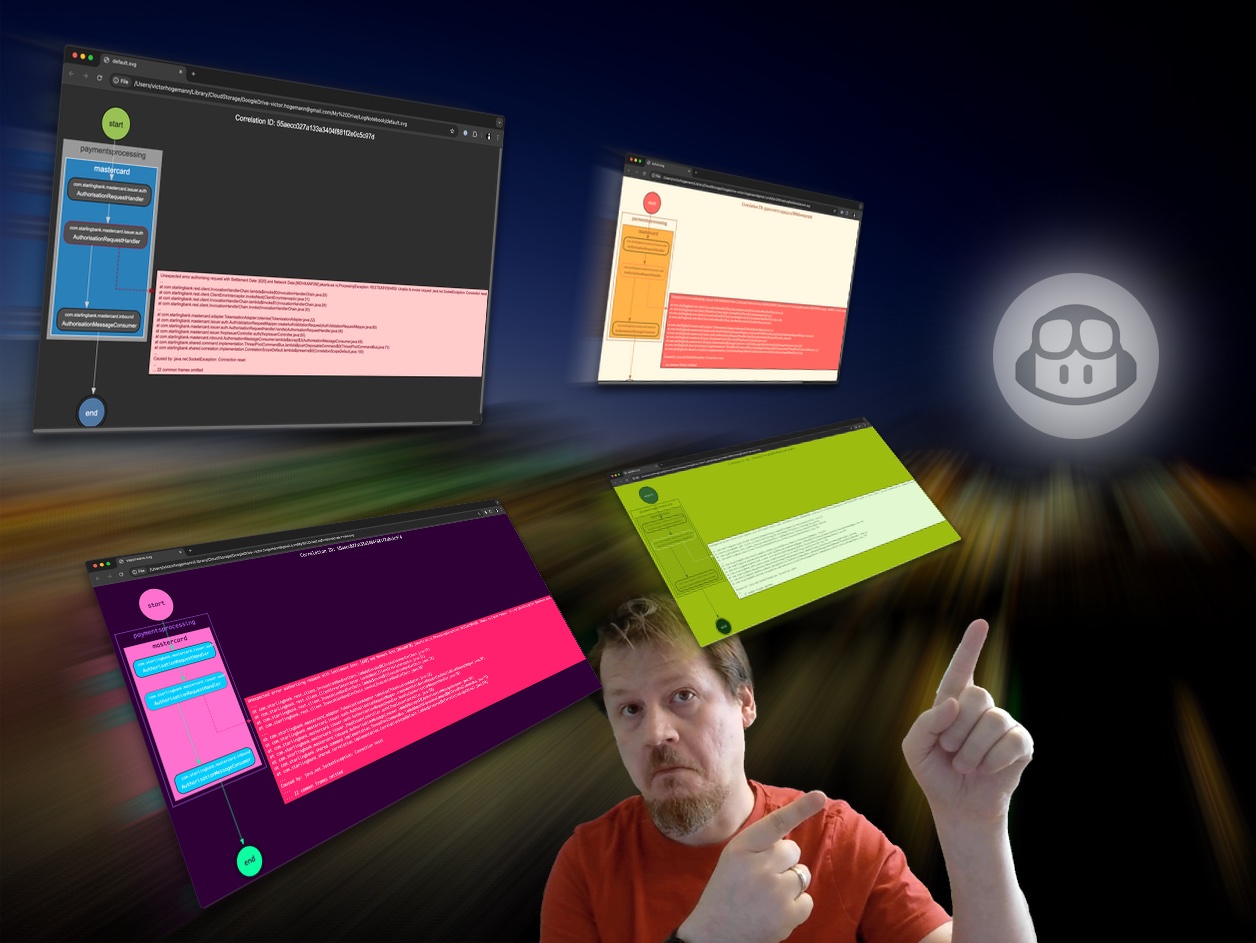
Adventures in Vibe Coding
At work I’ve been working on a side project to build a tool to help me parse and analyze logs from our systems. Since we have GitHub Copilot, I decided to let it do the heavy lifiting, while I navigated through half-remembered Python syntax and the ocasional dive into the documentation. It wasn’t a bump free ride, and most often than not I had to correct the code it generated, or even rewrite the whole thing.
The end result is a Jupyter notebook that can fetch and then parse logs, and then generate a Graphviz visualization of the log flow. Here’s what it looks like:

Here’s where Copilot really started to shine: I had it generate the color palette for the visualization, with just a few hints of what I wanted. It came up with a really nice set of colors, and I was quite suprised by how well it did. I had to tweak a few things, but overall it was a great starting point.
A splash of color
At some point I decided to have some fun with the visualization, and started adding theme support. I tried to get the Agent mode to refactor the code to use the theme classes I had created, but it was a complete clusterfuck. On top of refactoring the code to use the theme object, it also started to “fix” the code, and managed to break the whole thing. A few Ctrl+Z later, I decided to ask it instead to just generate a new theme, a Light Theme, and that went way better. Here, take a look:
Light Theme

Not only did it generate a new theme, but it also came up with some nice colors that worked well together. But it makes sense, right? Copilot is trained on a lot of code, including CSS that defines themes and styles.
The thing is, how does it know where each color should go?
This is how I define the theme in Python, by defining each individual style as a class, and then combining them into a Theme class. Might not be the most Pythonic way to do it, but it makes sense in my Java tainted mind. (Type all the things!)
from dataclasses import dataclass
from typing import Tuple
# Classes to define the styles for the flowchart elements
# These styles are all properties passed to Graphviz elements
# to control their appearance in the generated flowchart.
@dataclass(frozen=True)
class GraphStyle: # Basic style for the graph
bgcolor: str
fontcolor: str
fontname: str
@dataclass(frozen=True)
class GraphLabelStyle: # Style for the graph label
fontname: str
fontsize: str
bgcolor: str
@dataclass(frozen=True)
class NodeStyle: # Style for nodes in the flowchart
shape: str # Node shape
style: str # Node style
fillcolor: str # Node fill color
fontname: str # Font name for the node label
fontsize: str # Font size for the node label
fontcolor: str # Font color for the node label
@dataclass(frozen=True)
class EdgeStyle: # Style for edges in the flowchart
color: str
style: str
@dataclass(frozen=True)
class Theme:
graph: GraphStyle # Graph style
label: GraphLabelStyle # Style for the graph label
edge: EdgeStyle # Default edge style
node: NodeStyle # Default node style
start: NodeStyle # Style for START nodes
end: NodeStyle # Style for END nodes
error_note: NodeStyle # Style for ERROR notes
error_edge: EdgeStyle # Style for edges leading to ERROR notes
warn_note: NodeStyle # Style for WARN notes
warn_edge: EdgeStyle # Style for edges leading to WARN notes
info_note: NodeStyle # Style for INFO notes
info_edge: EdgeStyle # Style for edges leading to INFO notes
service_colors: list[Tuple[str, str]] # List of (font/border, background) color pairs for service subgraphs
group_colors: list[Tuple[str, str]] # Optional group colors for subgraphs
The important thing here is the structure. By defining classes and adding comments for each element, I’m giving clues that Copilot can follow to generate the theme. The classes and their comments act as extra context, which helps Copilot understand what I want.
Vibing
At this point I was a bit more confident that Copilot wouldn’t screw up the code much more, so I asked it for a few themes. For those I gave it minimal directions, and let it do its thing. Here’s what it came up with:
Vaporwave Theme - Asked for a 80s vibe and neon colors, and it delivered!
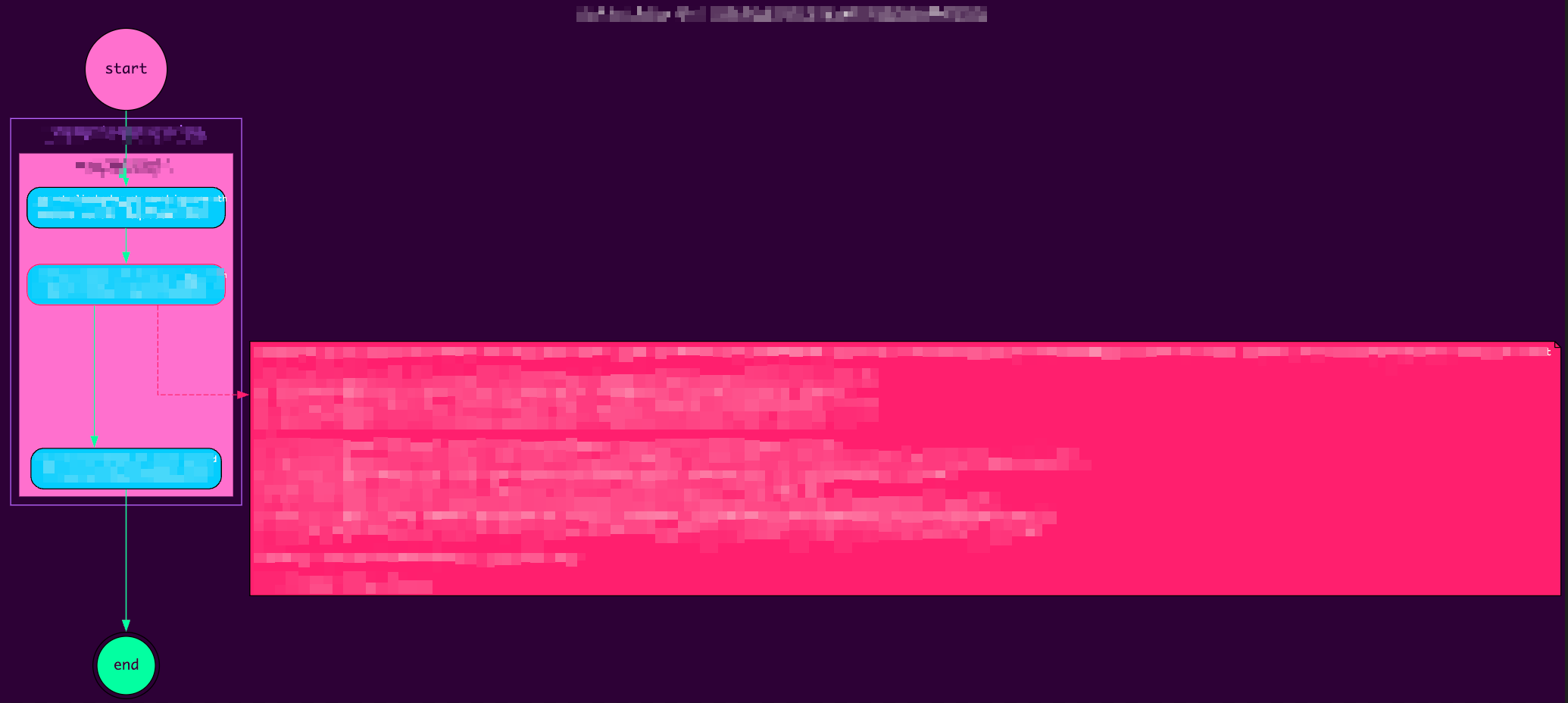
Unicorn Theme (bright and fluffy) - No notes, perfect!

Conclusion
Overall, Copilot has been a mixed bag. The inline suggestions are often annoyingly off the mark to the point of being useless. I have had more success with the chat, by giving it clear instructions and adding files to the context. I often find myself writing more comments across the code, already thinking about the next time I’ll ask it to generate code.
In general it’s great for prototyping, looking for ideas, and generating small boilerplate code that I can then tweak and expand. I don’t see it replacing me so soon, and it’s pretty clear that to get the most out of it you need the experience to know what to ask and how to guide it.
More Themes
Here’s all the other themes it generated for me, in case you’re curious:
Hotdog Theme (if you know, you know) - After the famous Windows 3.1 theme.
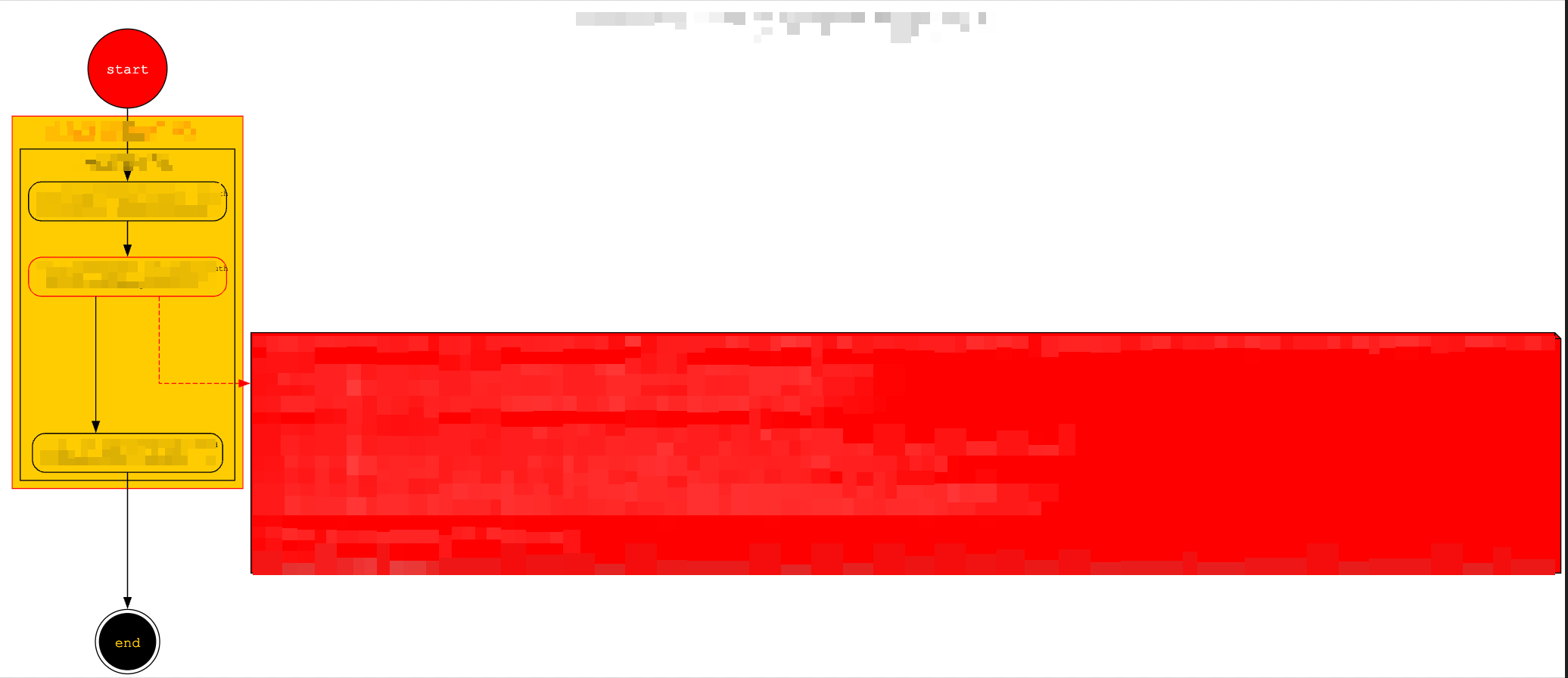
I mean, what else would you want? It’s not that far off from the original:
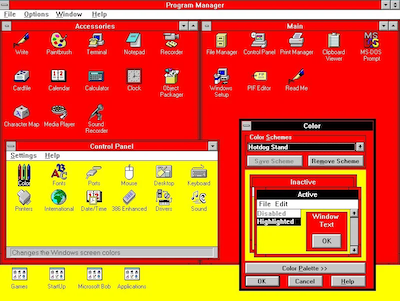
Gameboy Theme (retro vibes) - This one it came up by itself, I asked for theme suggestions and it came up with this one. Just gave it the green light.
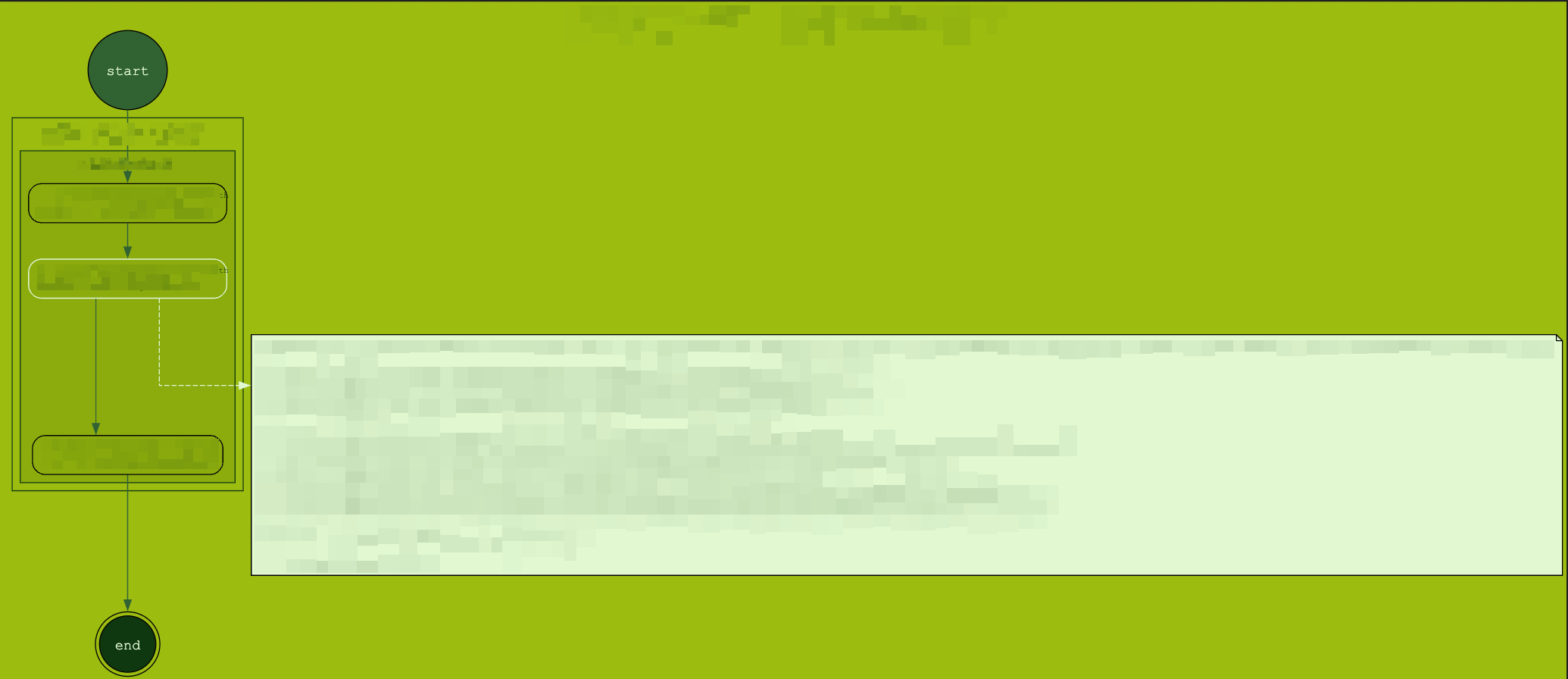
Autumn Theme
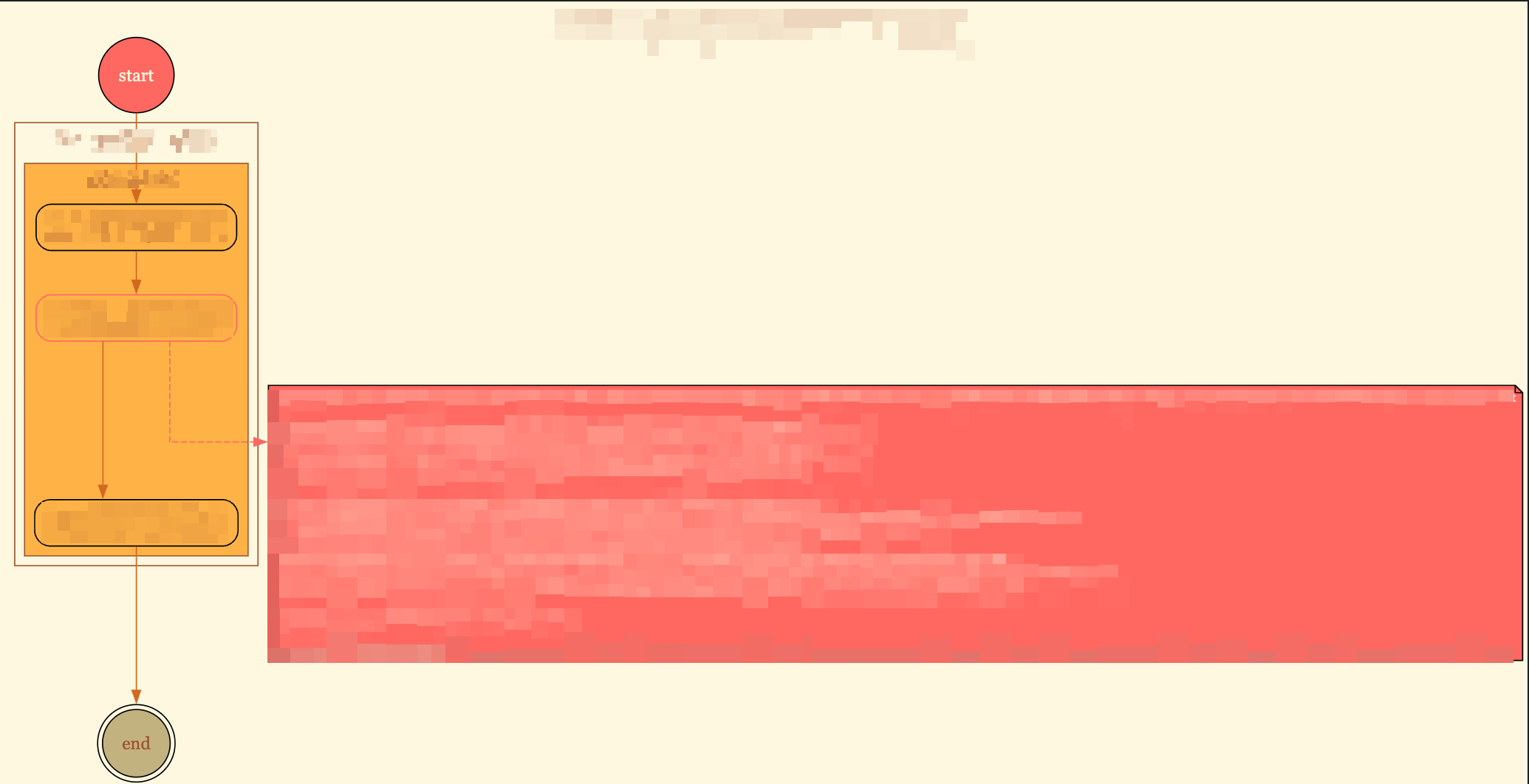
Cyberpunk Theme
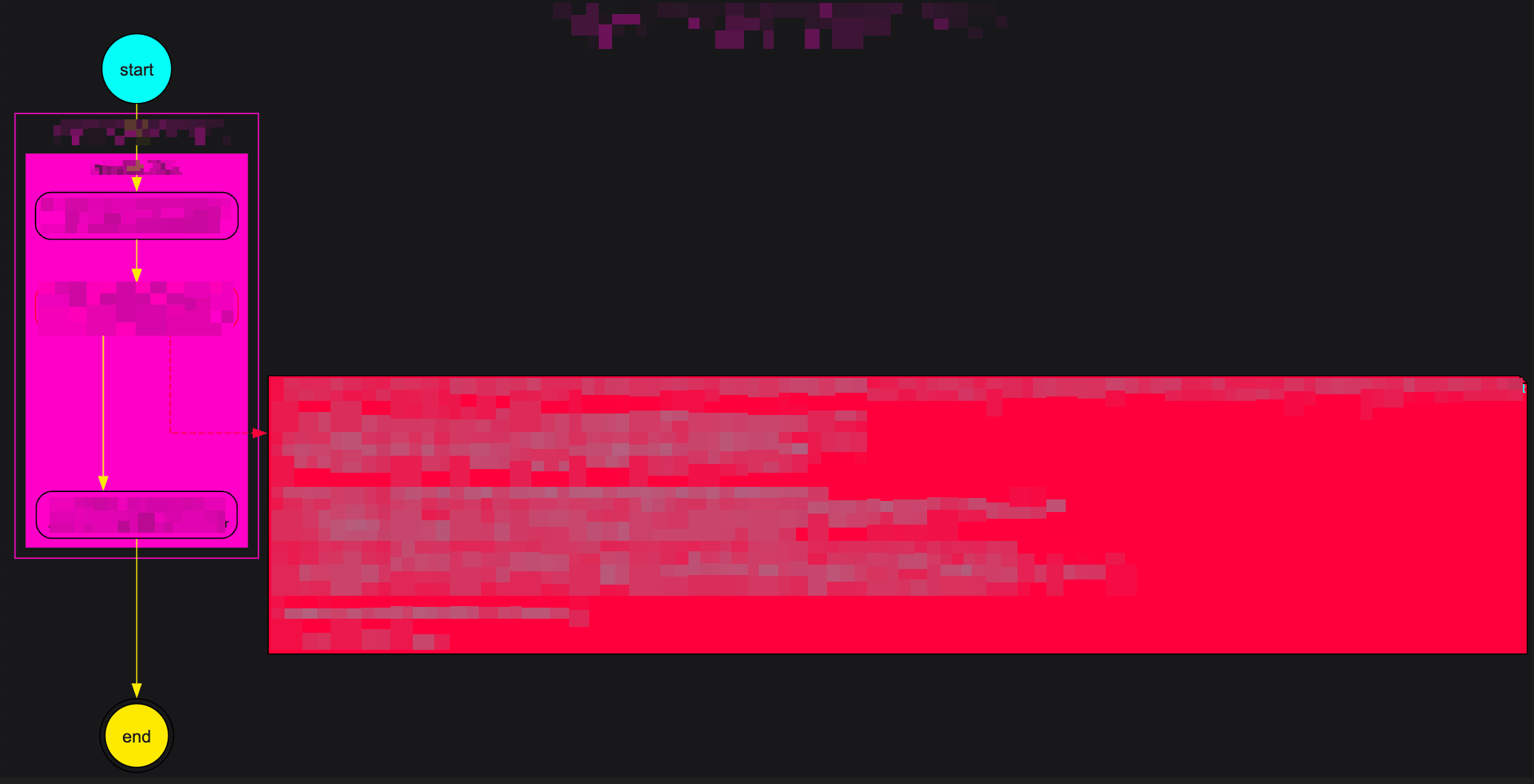
Matrix Theme

Oceanic Theme
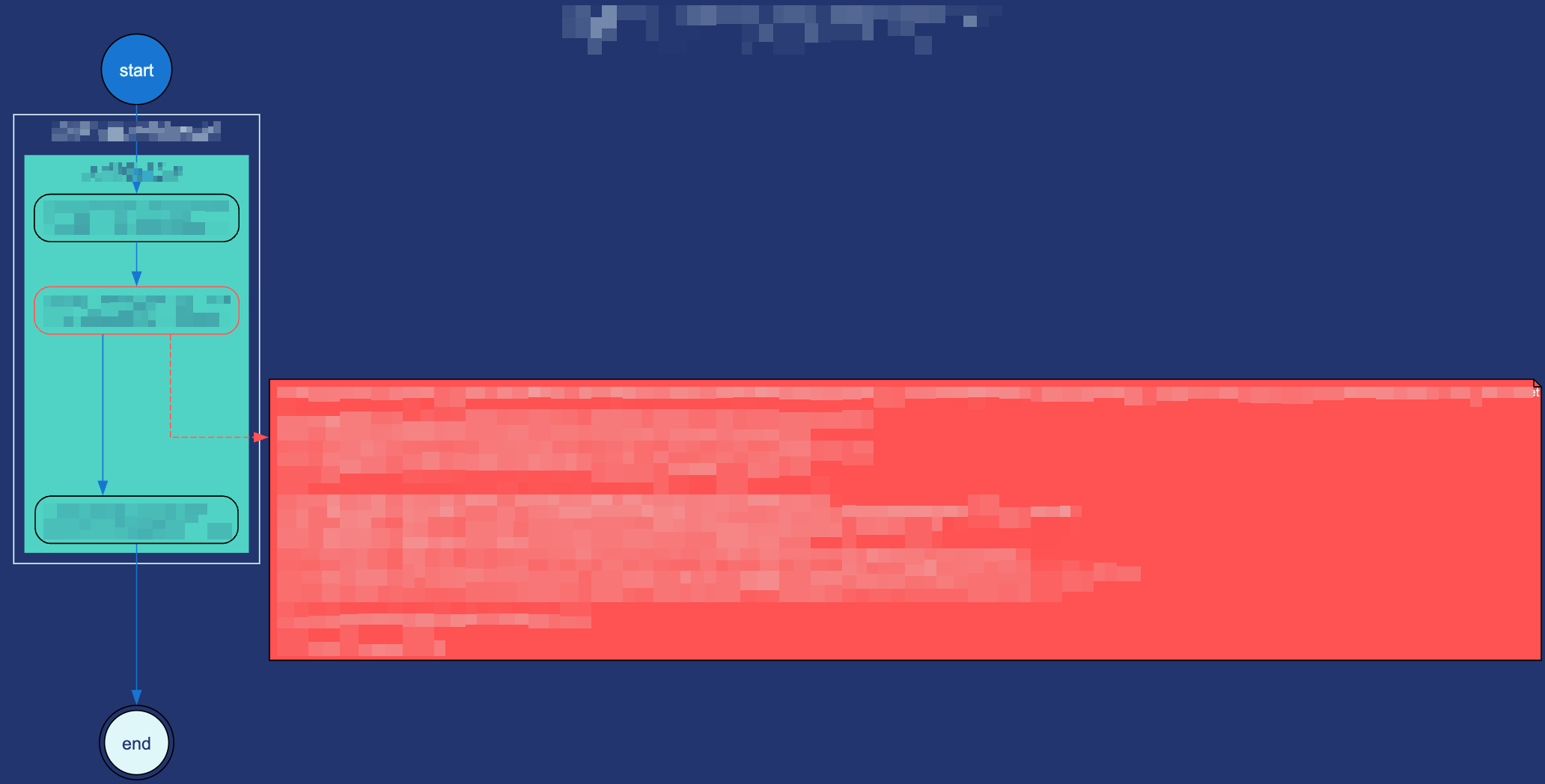
Solarized Theme
